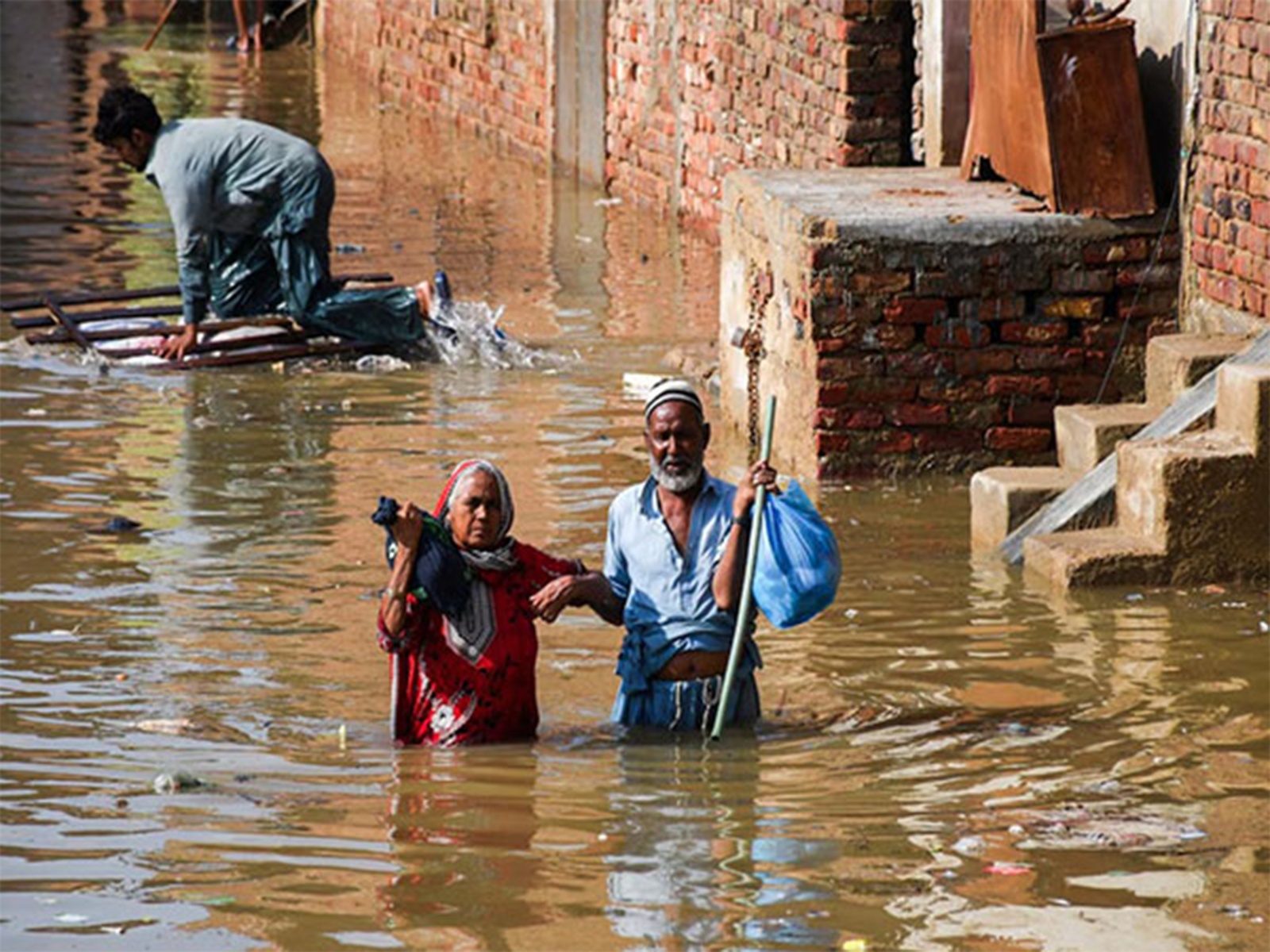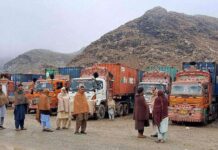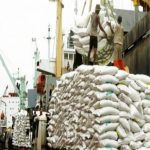Climate change experts and civil society representatives have sounded the alarm over the urgent need to restore and clear Karachi’s natural waterways, warning that failure to act could result in increasingly severe urban flooding, Dawn reported.
These concerns were raised during a session titled “Obstacles to Karachi’s Natural Waterways and Potential Threats” held at the Karachi Press Club. Speakers highlighted that several housing developments, including Saadi Town and Saadi Garden, as well as construction near the Malir Expressway (also known as Shahrah-i-Bhutto), have been built on natural water channels—posing serious environmental hazards.
According to Dawn, participants explained that runoff from the Kirthar mountain range regularly causes surges in the Lyari and Malir rivers, emphasizing the need to remove encroachments and restore water flow.
Urban planner Muhammad Toheed noted that climate change is an undeniable global reality, yet Karachi continues to lag behind in upgrading its drainage and urban infrastructure. “Environmental and climate-related issues are nowhere on our list of priorities,” he said. “Despite being among the most climate-vulnerable countries, Pakistan still treats the issue with alarming neglect.”
Toheed criticized the lack of planning and coordination among municipal authorities, citing the construction of roads without proper engineering oversight, which leads to poor drainage and creates flood-prone zones. He also condemned the Karachi Water and Sewerage Corporation for mixing sewage with stormwater drainage, stating, “This is a disaster. The sewerage system has collapsed, and now sewage stagnates even without rainfall.”
Agriculturist Azeem Dehqan recalled that Malir and nearby areas were once fertile agricultural zones producing fruits and vegetables, but this productivity has declined sharply due to unregulated urban sprawl and flawed planning.
Author Ramzan Baloch echoed these concerns, noting that Malir was once known for its clean drinking water and high-quality crops, but has since faced severe environmental degradation. He lamented the public’s lack of awareness and engagement with environmental issues.
Social activist Bashir Baloch pointed out that heavy rainwater flow from the Kirthar range enters the Lyari and Malir rivers and stressed the urgency of clearing obstructions to avert future disasters. Citing historical context, he recalled that a railway bridge built by the British over the Malir River was destroyed by torrential rains—a situation that could repeat if action isn’t taken. He also criticized the Karachi mayor for lacking a clear understanding of the city’s geography and natural drainage systems.
Climate activist Yasir Darya warned of increasing unpredictability in weather patterns due to climate change. “Even meteorologists struggle to predict beyond a few days now,” he said. “In such a scenario, Karachi urgently needs better urban planning to adapt.”
The session concluded with a resolution demanding the restoration of Karachi’s natural water channels and sewerage infrastructure, protection of remaining agricultural lands, treatment of sewage for agricultural use, and safeguards for village communities within city boundaries.
Lawyers Abeera Ashfaque, Kazim Mahesar, and other speakers also addressed the gathering, Dawn reported.

















